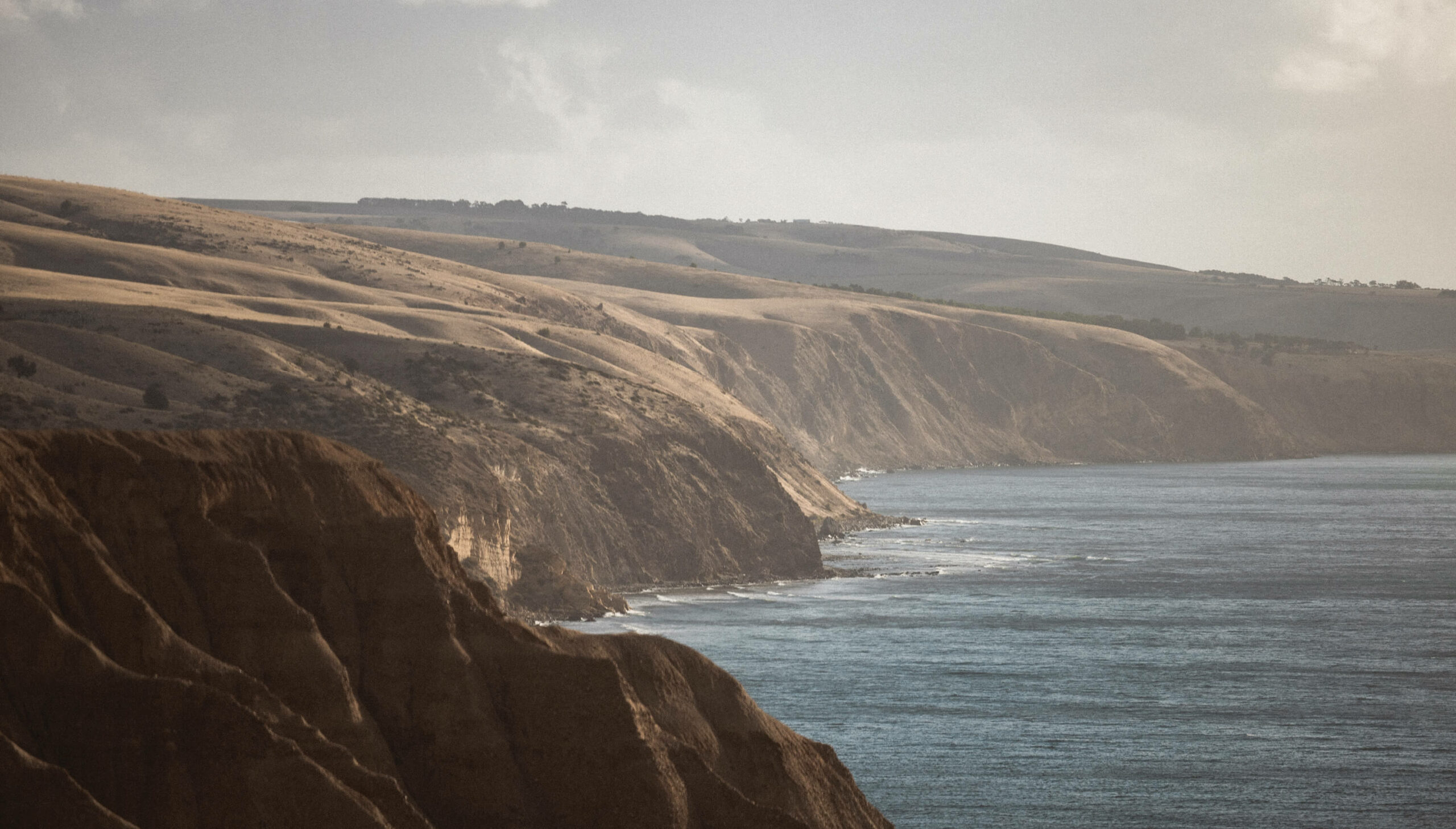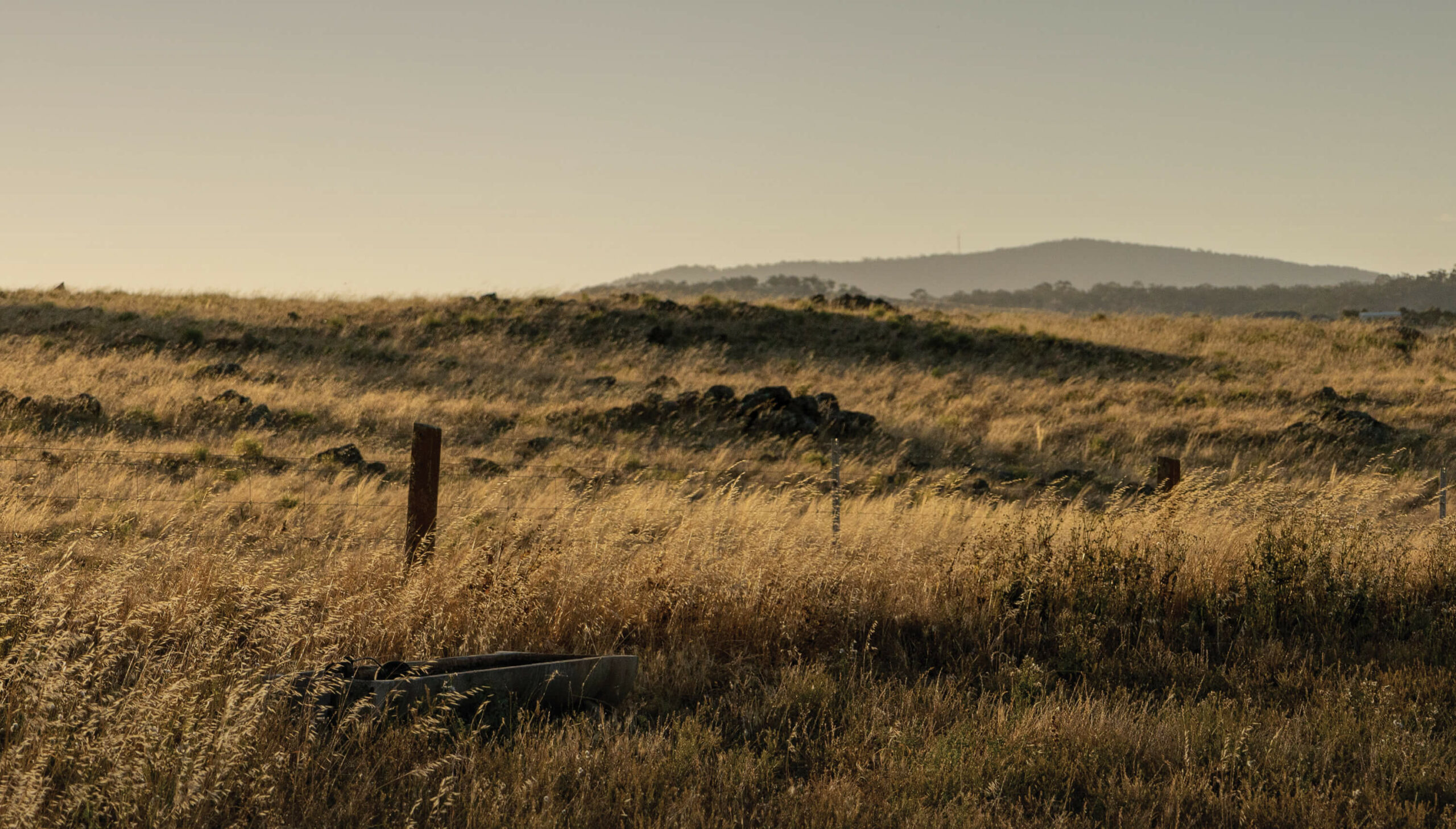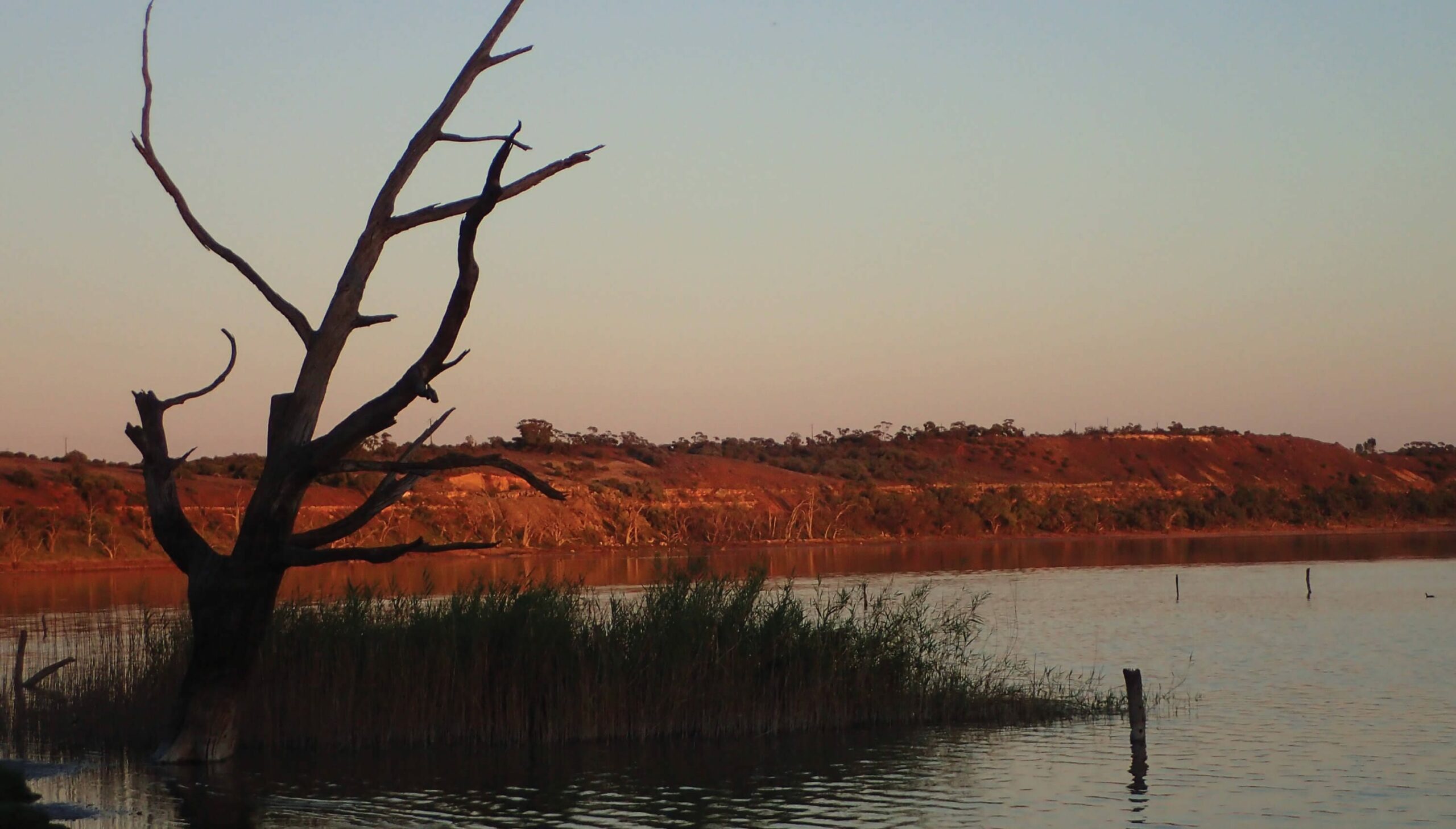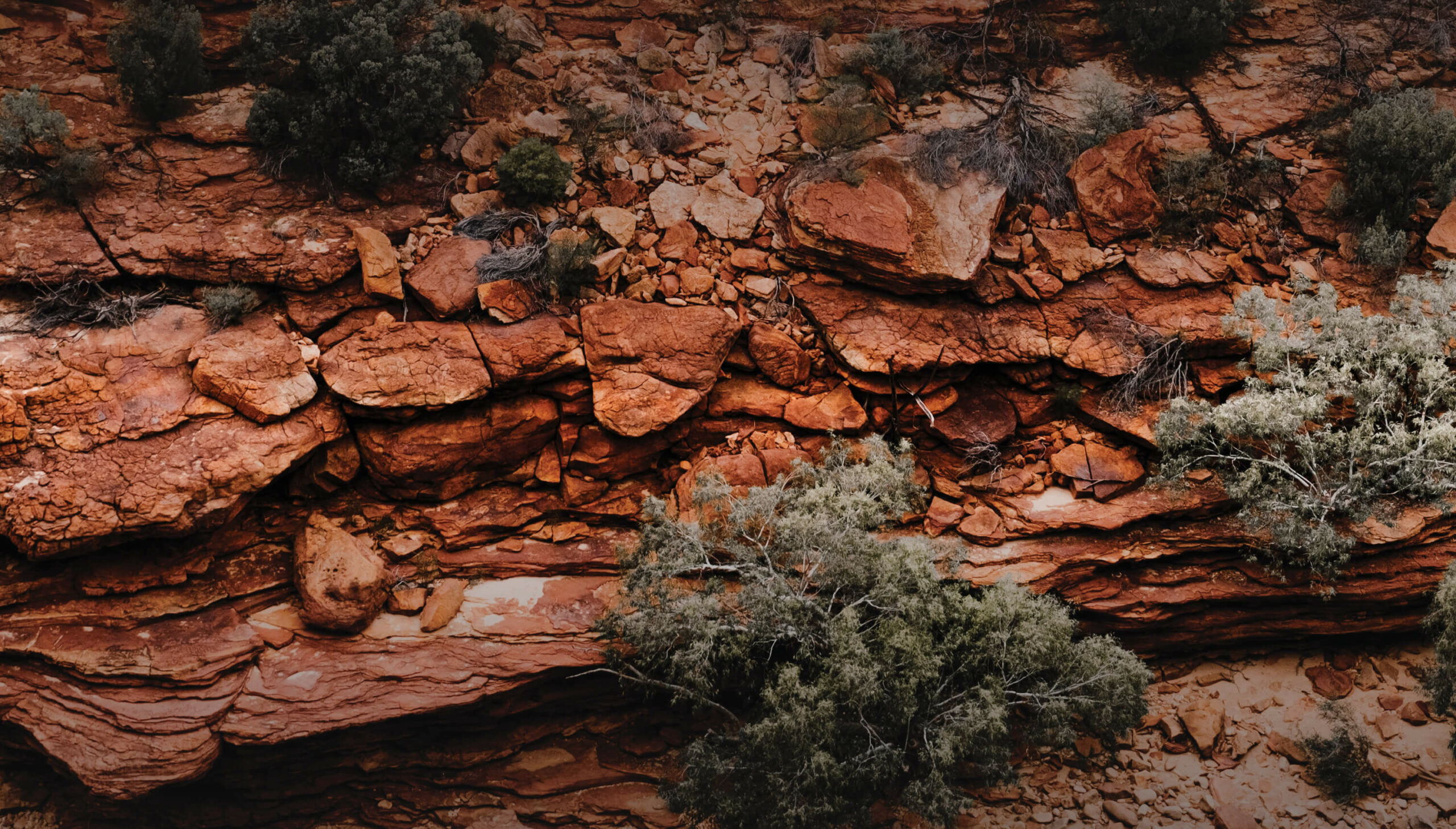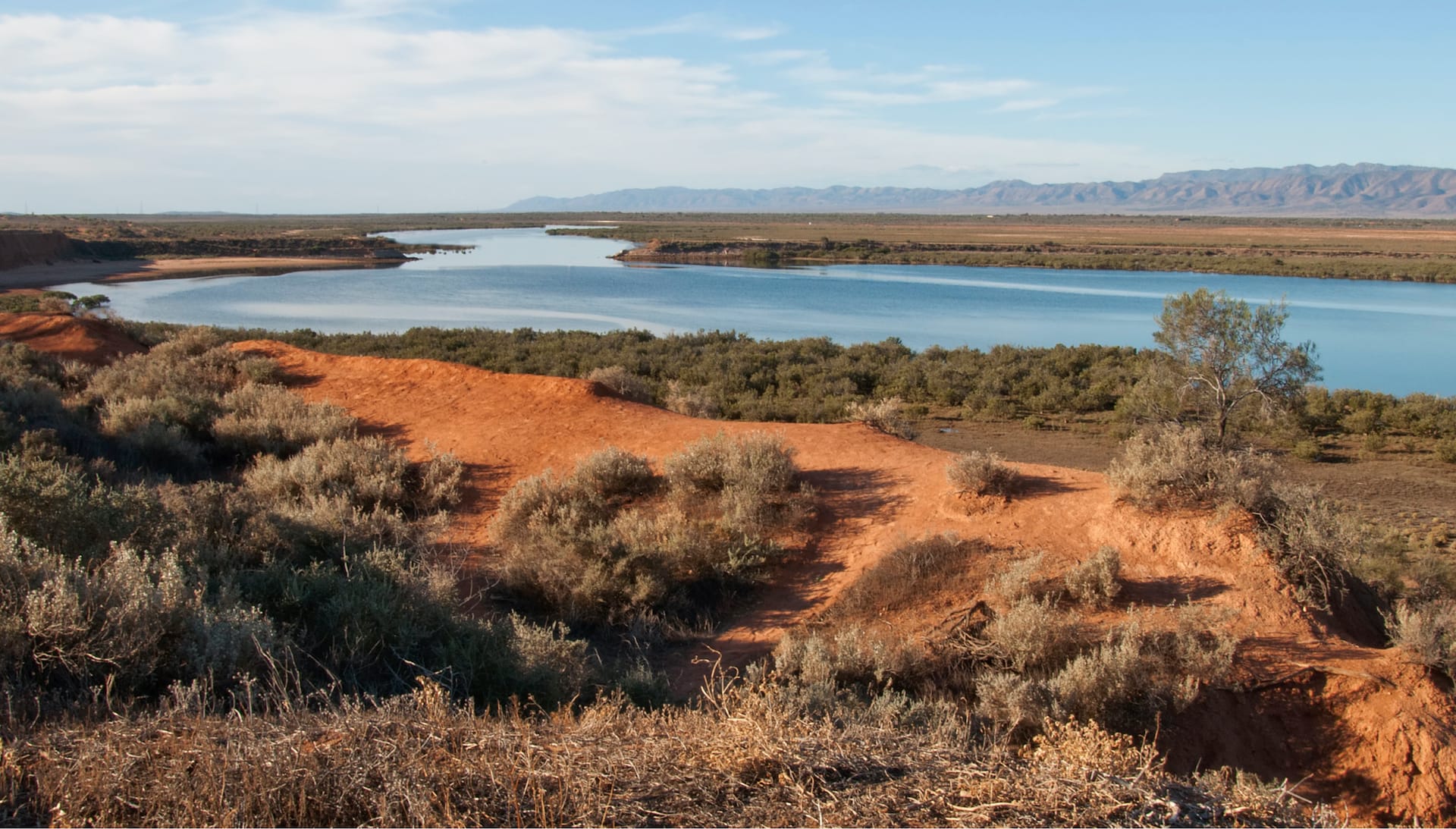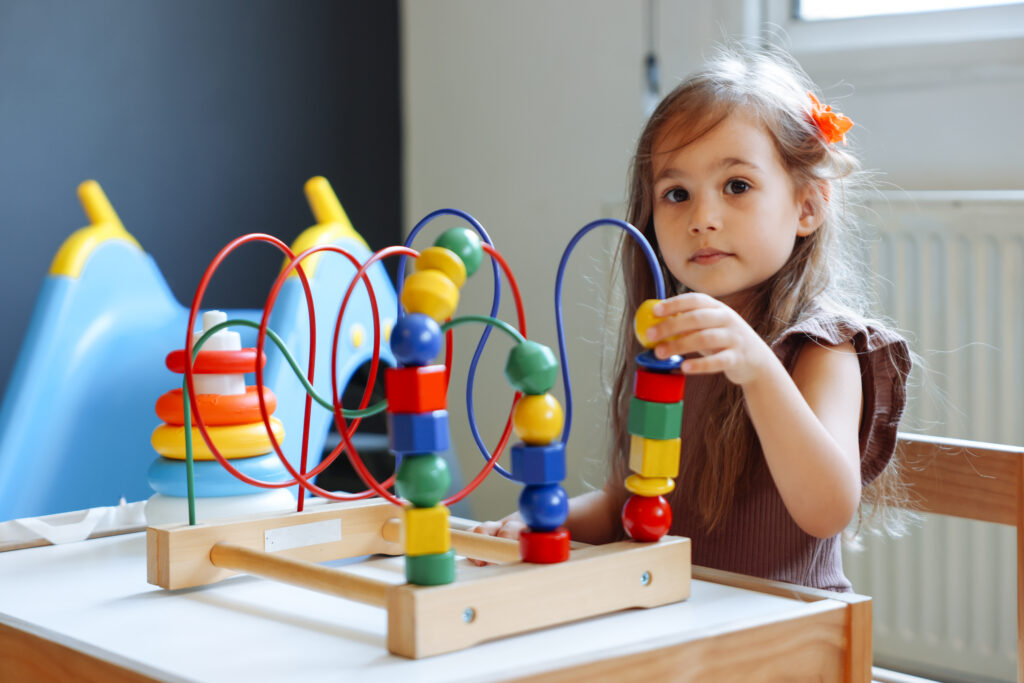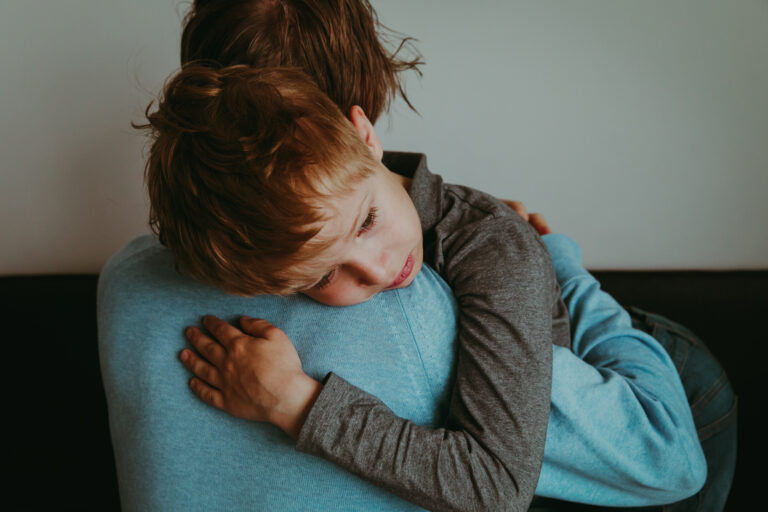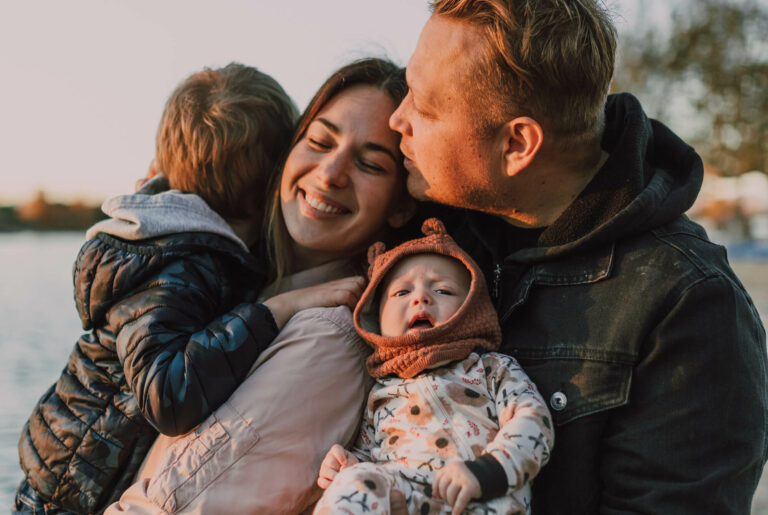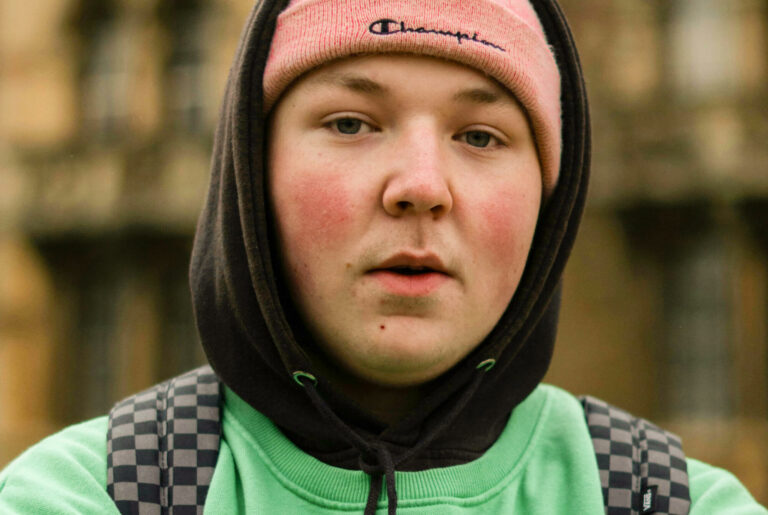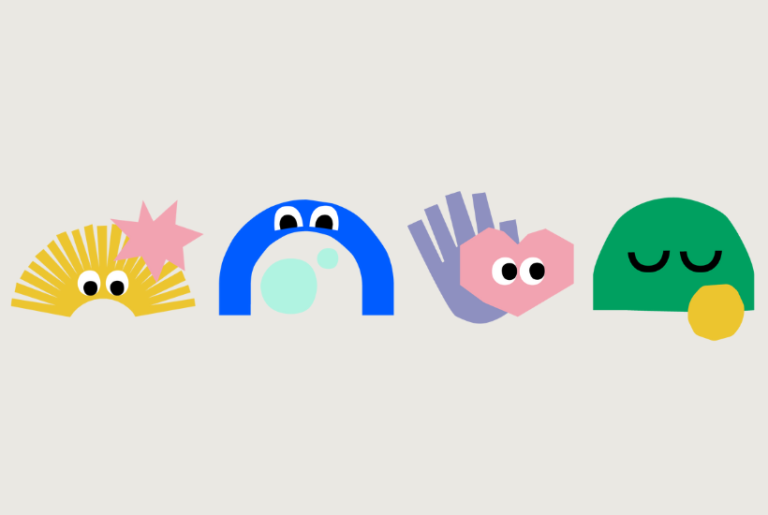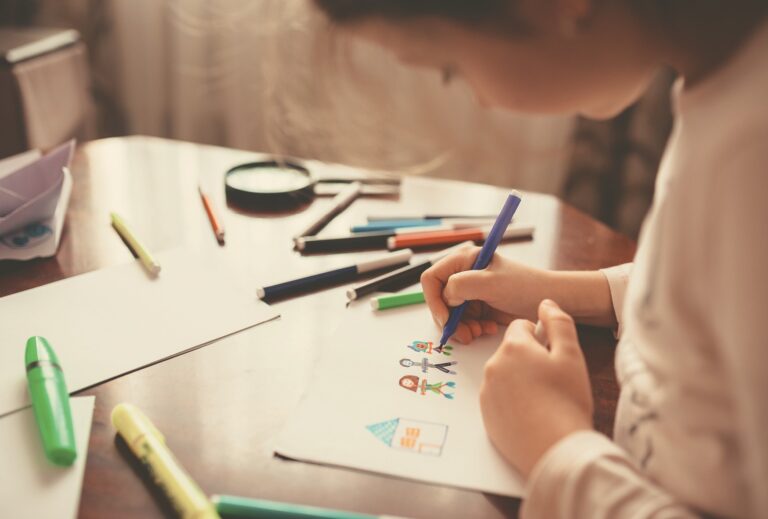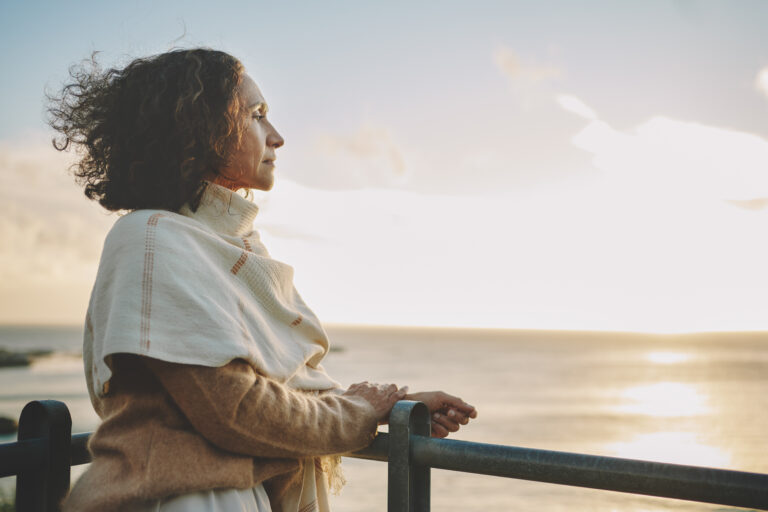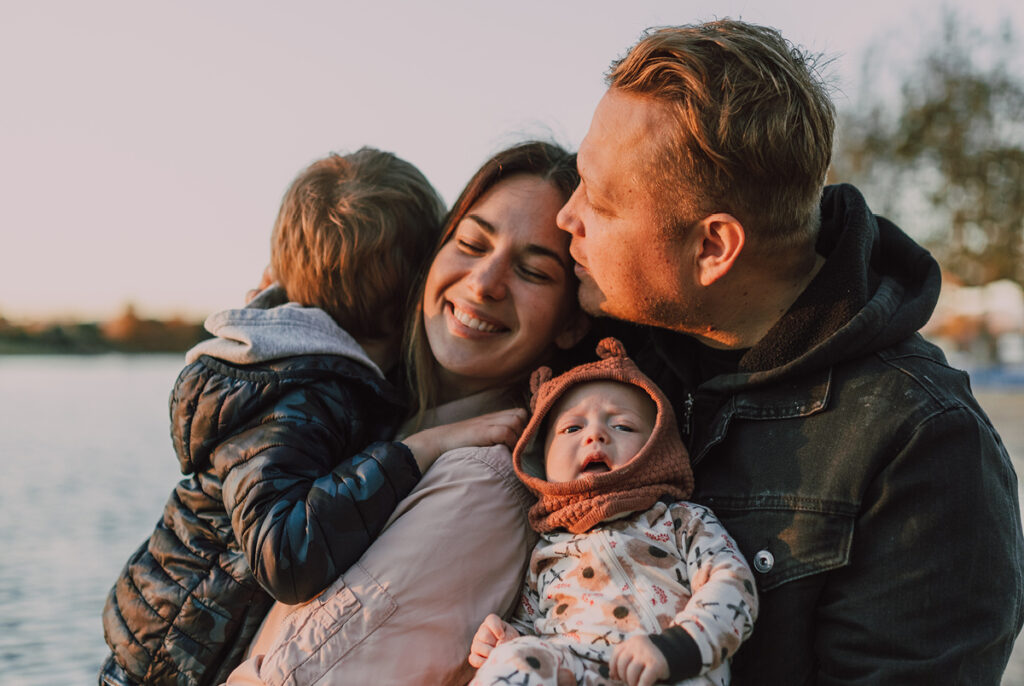Overview
Who It's For
Children and young people between the ages of 4 and 18 years with some support available to parents and schools. Educational groups available on request by schools.
How We Help
We support children and young people of parents who are separating through counselling, education and group work in schools. We also facilitate child consultation in family dispute resolution.
What to Expect
Up to six fortnightly appointments for each child/young person. In-person or Telehealth appointments are available during business hours.
How we Help:
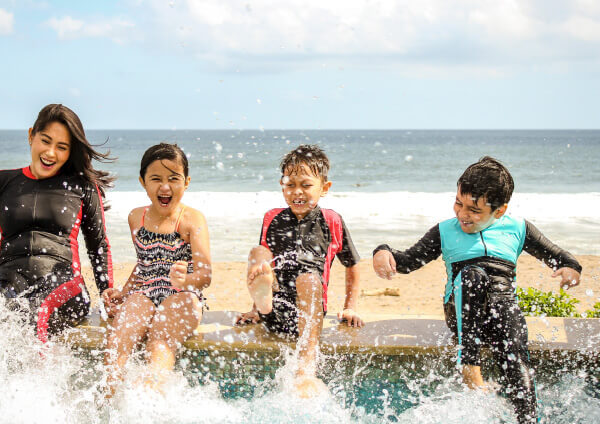
“I can't give enough thanks for the positive impact iKiDs has on both my kids and myself. You’ve provided us with the tools to cope, as well as lifting us up and improving our wellbeing. Thank you so much.”
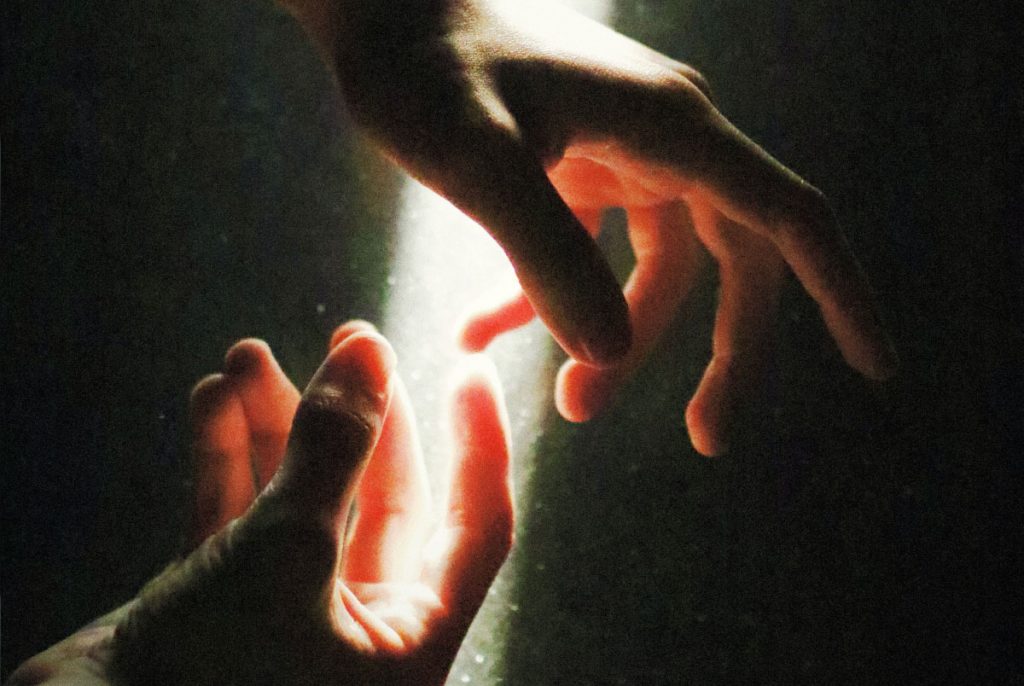
“Thank you for leading me through this and helping me learn and try new and creative things. Thank you for teaching me how to deal with stuff that might come up in life.”
Child, 10 years
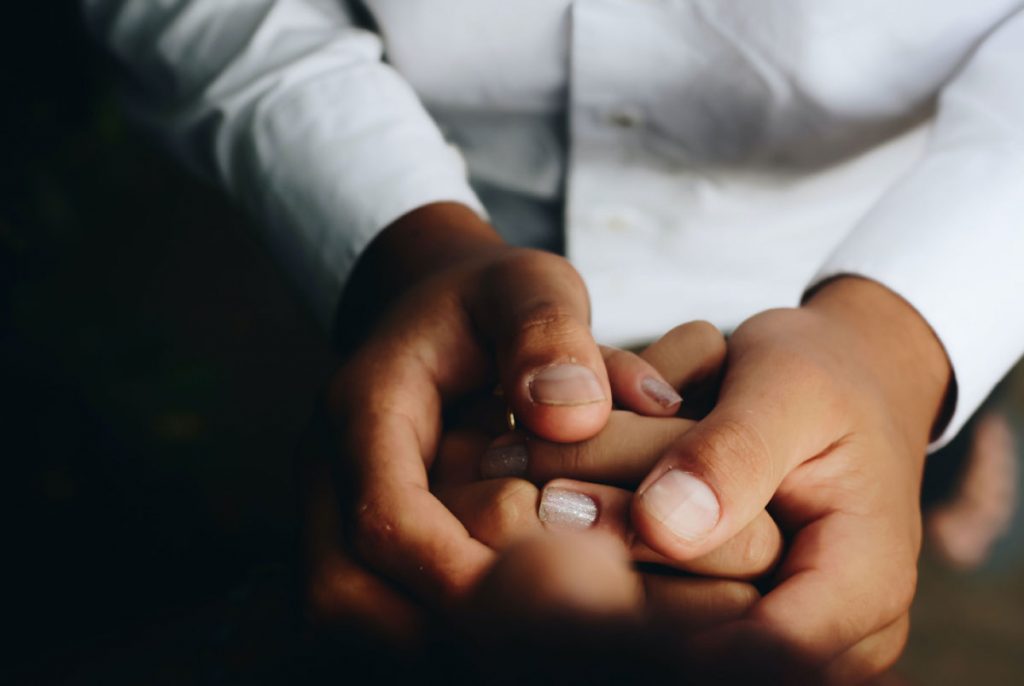
“My kids have found their iKiDs sessions to be very beneficial. The practitioner is respectful and gets through to them without being condescending.”
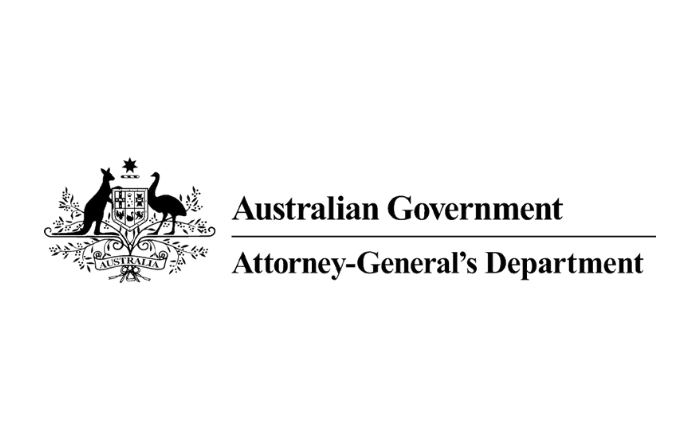
Funding Acknowledgement
iKiDs (Supporting Children & Young People After Separation) is funded by the Australian Government Attorney-General’s Department and administered by the Department of Social Services under the Families and Children Programme.
